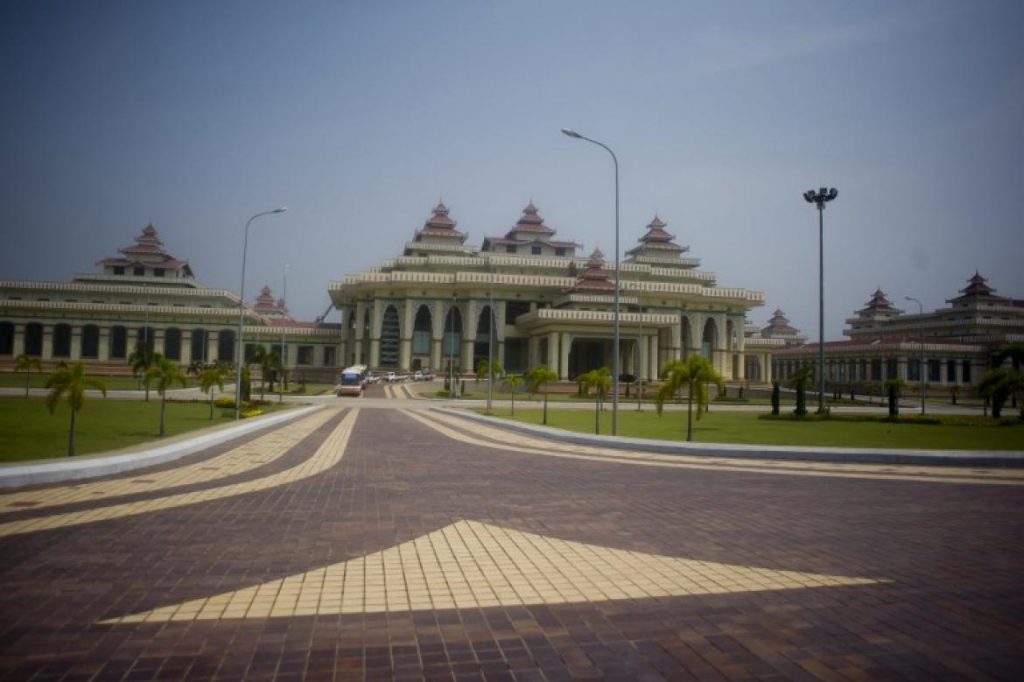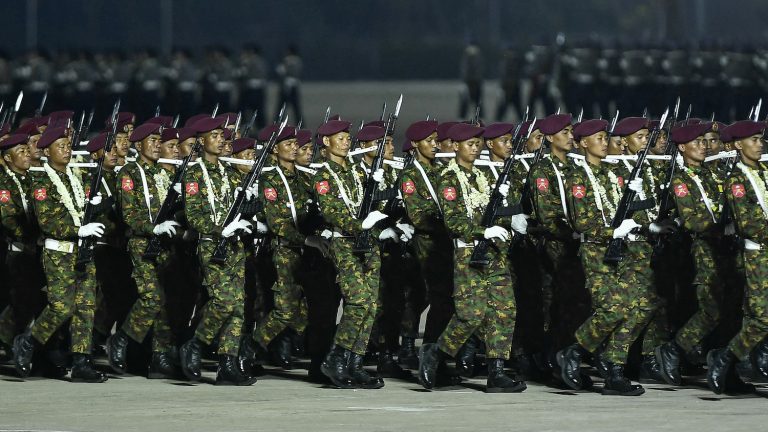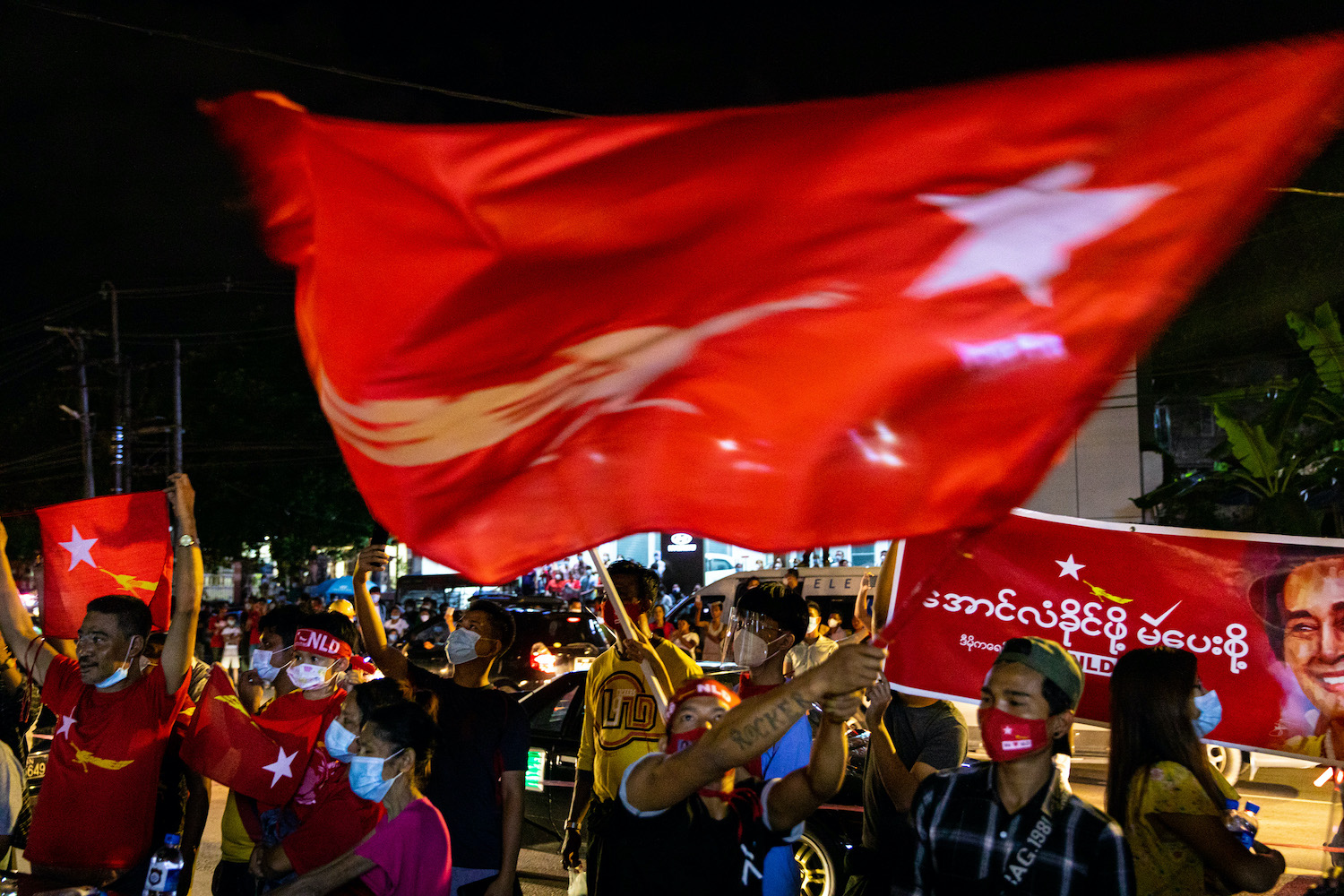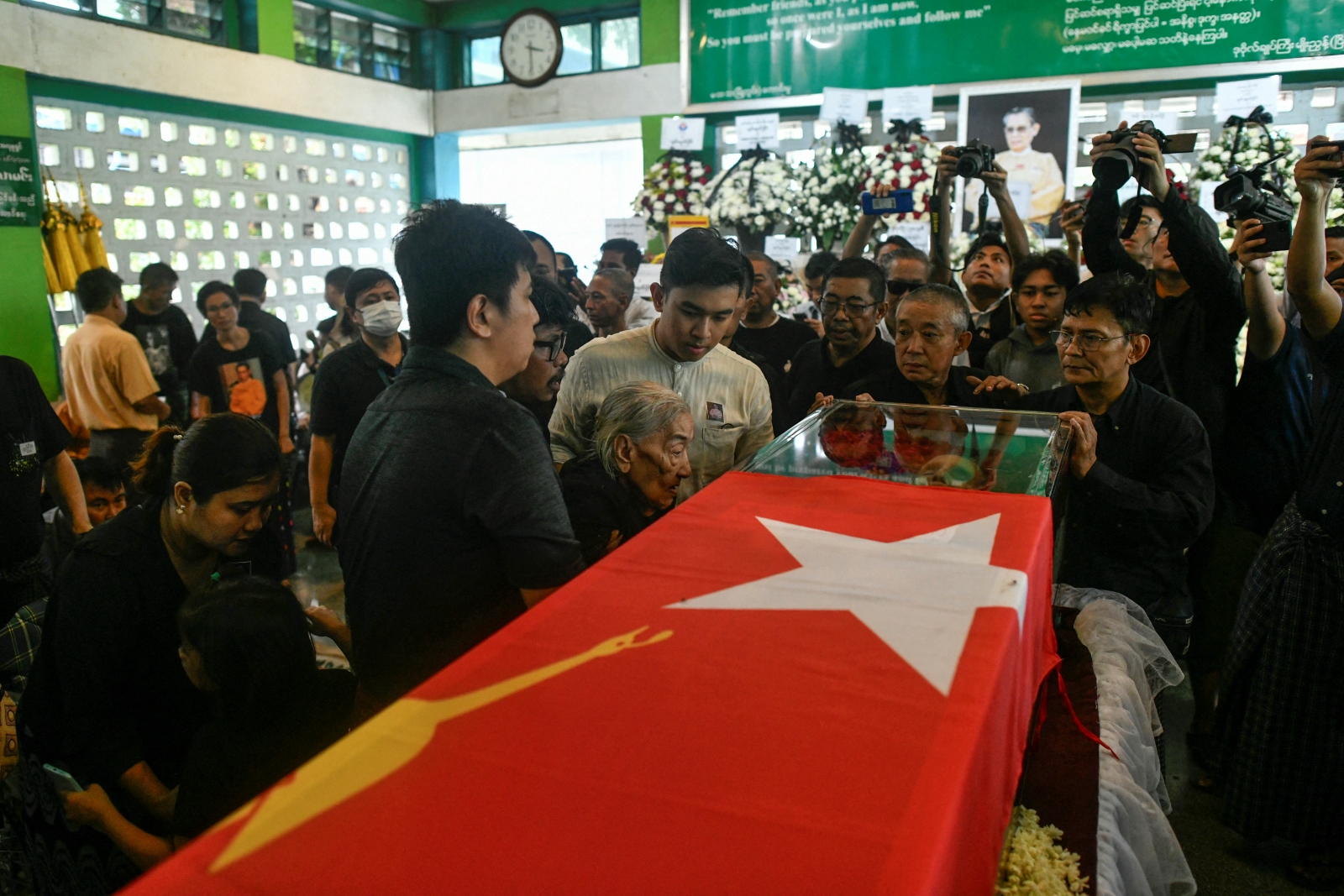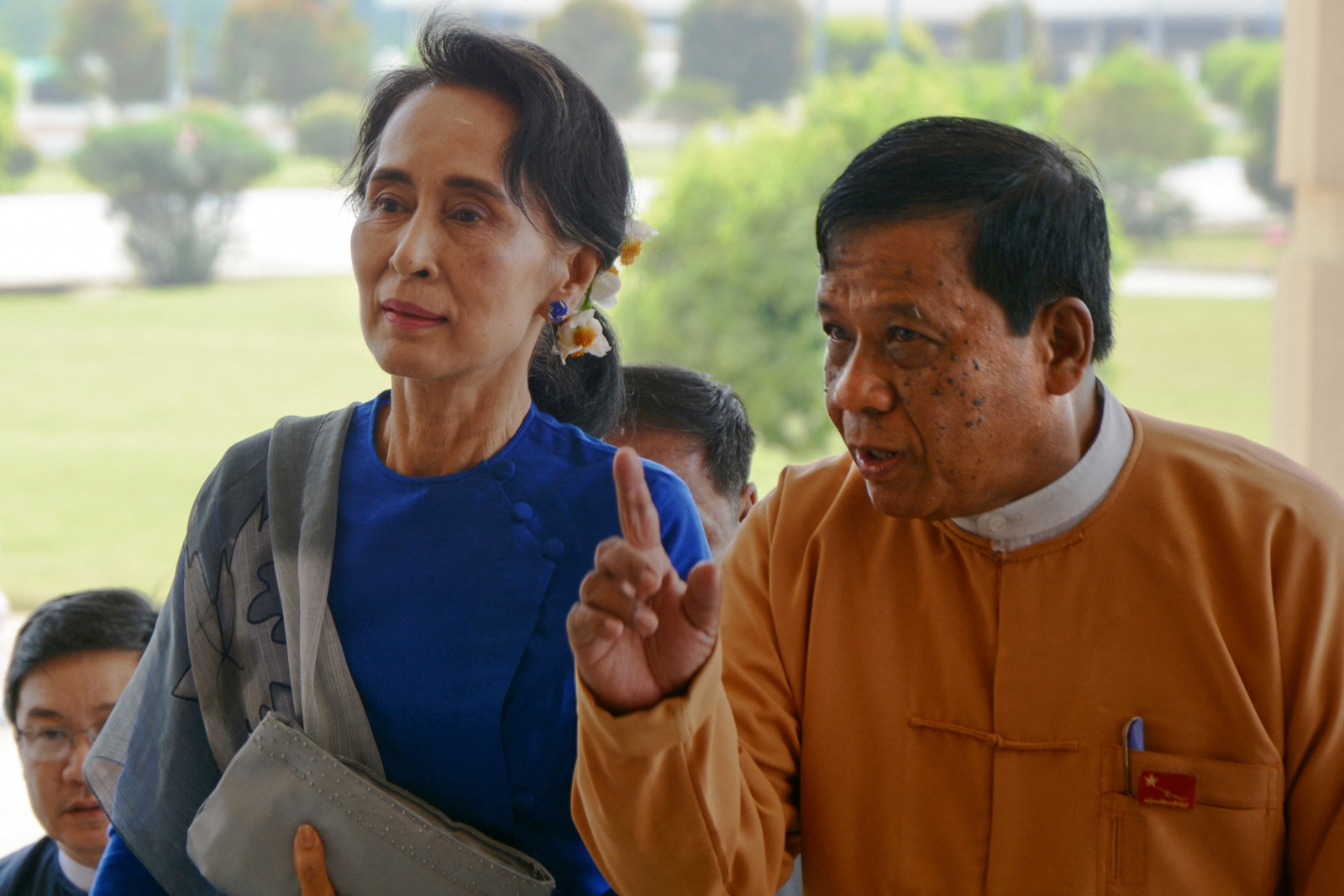By KYAW LIN HTOON and SANN OO
NAY PYI TAW — Myanmar’s national legislature on Tuesday approved an emergency motion to discuss forming a joint committee to amend the military-drafted 2008 Constitution, which a National League for Democracy lawmaker described as a barrier to democratic reform.
The motion, which was approved in the Pyidaungsu Hluttaw with 394 votes and was boycotted by military representatives, opens the way for discussions around a parliamentary committee to review the constitution and possibly table an amendment bill. Debate is expected to begin on February 1.
This is the closest the NLD has come to challenging the military on the issue of constitutional change since taking power three years ago, despite making charter reform a pillar of its 2015 election campaign.
Amyotha Hluttaw (upper house) lawmaker U Aung Kyi Nyunt (NLD, Magway-4), who submitted the motion on Tuesday, explained that when the NLD studied the constitution, they found it was a barrier to the democratic transition.
Support more independent journalism like this. Sign up to be a Frontier member.
“Some of the sections contradict one another, while others are obstacles to peace, and to building a genuine federal democracy. There are some provisions that are barriers to forming a multi-party system and cause an imbalance to the three pillars of democracy,” he said.
“Some provisions also negatively impact free and fair elections, and equal rights,” he added, apparently referring to a provision stating that 25 percent of seats must be held by military representatives appointed by the commander-in-chief.
This bloc gives the military veto power over constitutional change, which requires the support of more than 75 percent of lawmakers.
The plan to address the constitution had been reported on Monday afternoon, shortly after NLD vice chairman Dr Zaw Myint Maung, who is also chief minister of Mandalay Region, briefed senior party officials in Nay Pyi Taw.
While the proposal was not on the agenda on Monday morning, Pyidaungsu Hluttaw Speaker U T Khun Myat allowed Aung Kyi Nyunt to table an emergency motion in the late morning.
However, it was immediately challenged by military lawmaker Brigadier-General Maung Maung, who said that it was invalid because it violated parliamentary protocol.
He said that before submitting a proposal to organise a committee, a draft law for amending the constitution should first be proposed.
“If a committee is formed first, we won’t know which sections of the constitution it might amend, or what its mandate would be,” he said.
The NLD has not stated which provisions of the constitution it might seek to reform.
T Khun Myat disregarded the complaint and as he prepared to call a vote the military representatives stood up to express their disapproval. T Khun Myat asked what they meant by this display, and then requested that they take their seats, before calling a vote.
The motion was approved with 394 votes in favour and 17 objections from 601 ballots, indicating that the military representatives boycotted the vote.
Pyithu Hluttaw (lower house) lawmaker Dr Myat Nyana Soe (NLD, Yangon-3) told Frontier after the session that there was nothing unusual about Maung Maung’s criticism of the motion. He said politicians around the world often accuse one another of misconduct.
“You can also see such impassioned arguments in parliaments globally. Since MPs are also human beings, I don’t have much to say about it. I also suppose that his accusation won’t represent the attitude of all military MPs,” he said.
Aung Kyi Nyunt told Frontier that he proposed the motion in the spirit of inclusivity. Military lawmakers would also be able to participate in the discussion, he said, and if they wanted to make recommendations on how the committee might be structured, they could submit their ideas.
“In the first term of parliament, a similar committee called the Constitutional Review Committee was formed with 109 members,” he said.
“It was later reorganised with 31 members, and renamed the Constitutional Amendment Committee. He [Brig-Gen Maung Maung] was a member of that committee, so I don’t know why he rejected the proposal today.
“My own idea is to include military MPs and at least one MP from each party that currently has seats in parliament.”
Since entering the Pyidaungsu Hluttaw in 2012, Aung San Suu Kyi has regularly asserted that constitutional reform is essential for Myanmar’s transition to democracy.
In 2014, her party teamed up with the 88 Generation Peace and Open Society on a public campaign for constitutional reform that garnered more than 3.3 million signatures.
She also took the issue to the 2015 election, making it one of her priorities during the campaign.
But the assassination on January 29, 2017 – two years ago on Tuesday – of U Ko Ni, a legal adviser to the NLD who was a proponent of constitutional reform, was interpreted by many as a warning against attempts to reform the charter.
At a memorial ceremony in Yangon on Tuesday to mark the anniversary of his death, a video was screened of Ko Ni talking about the ways in which the constitution could be amended.


